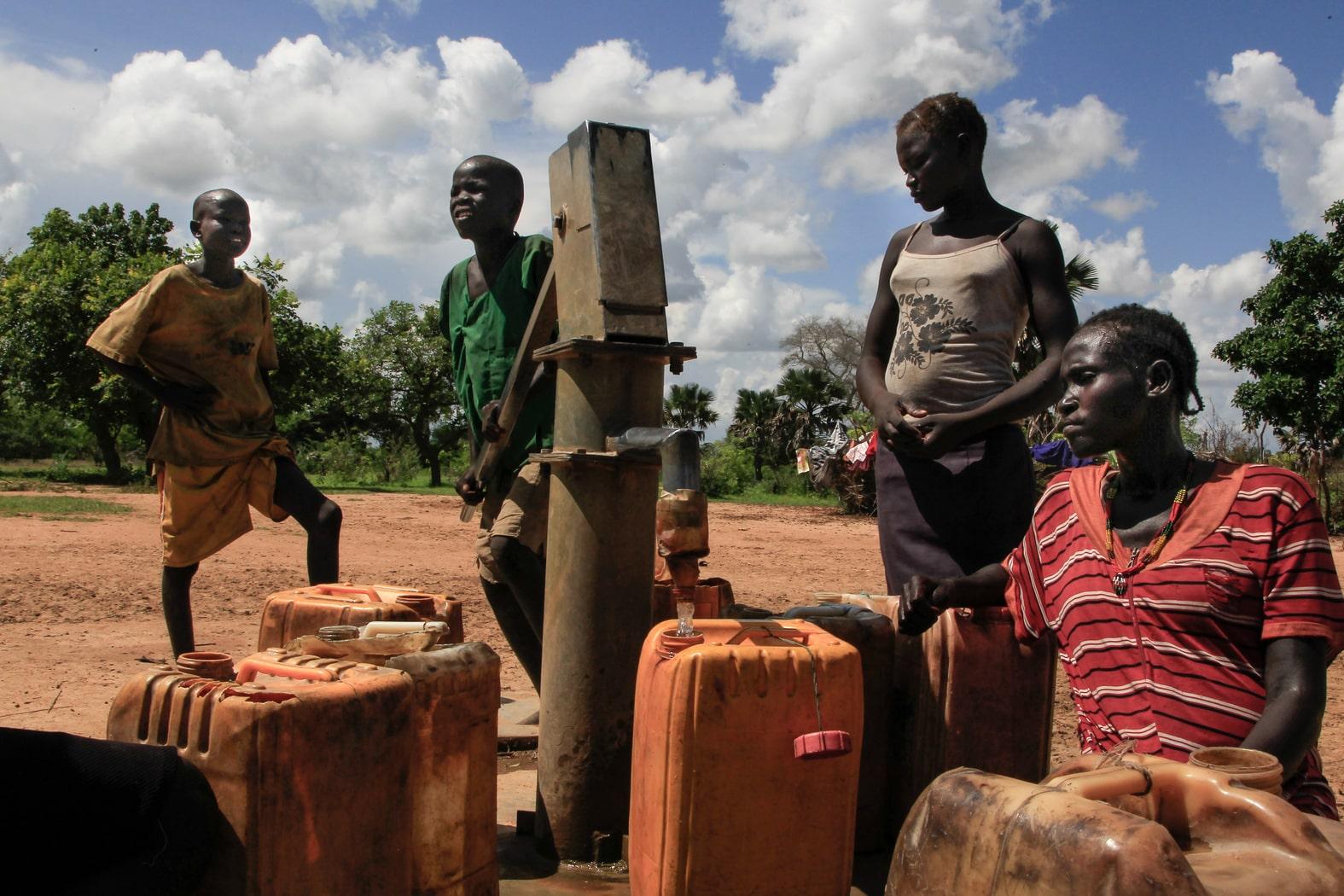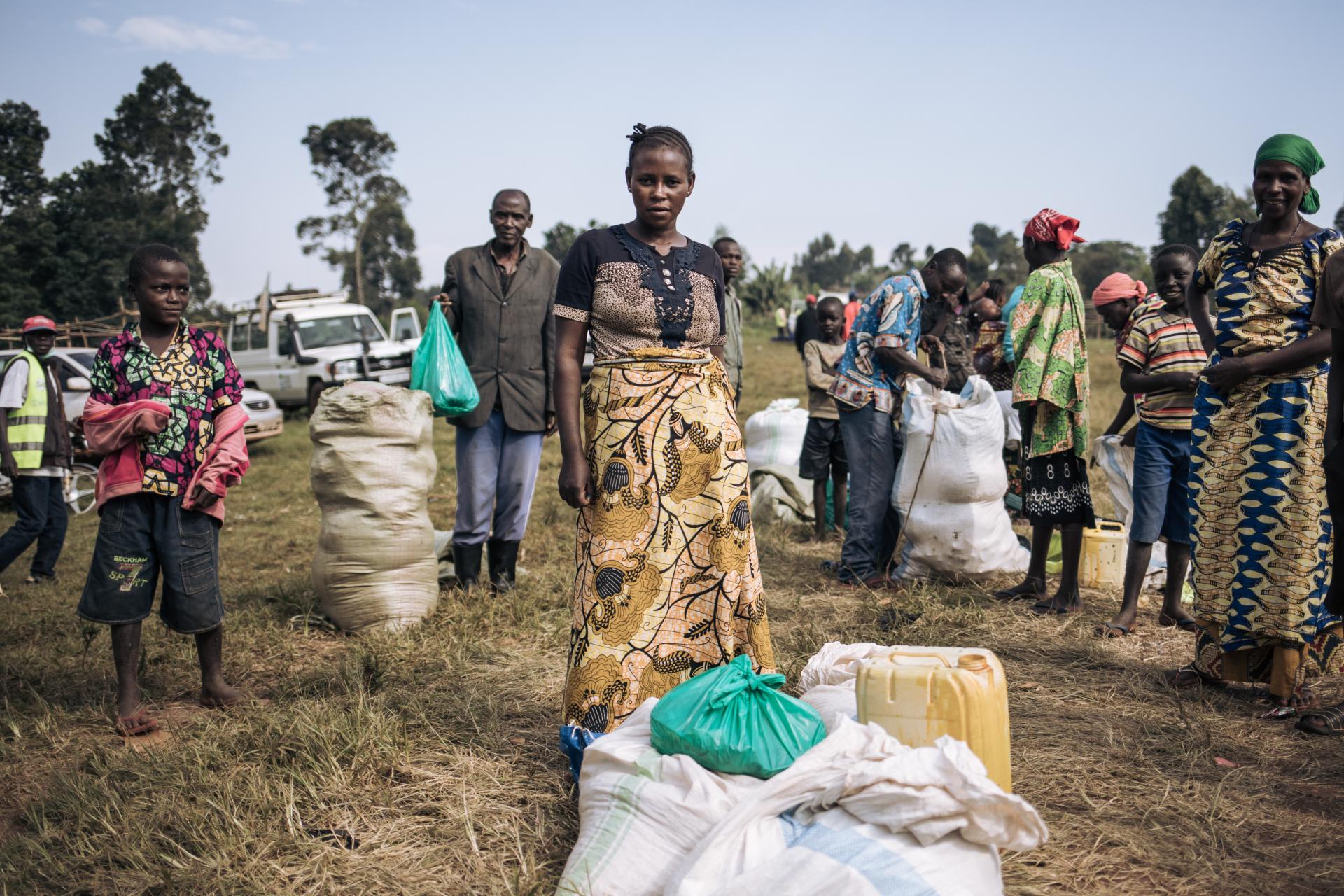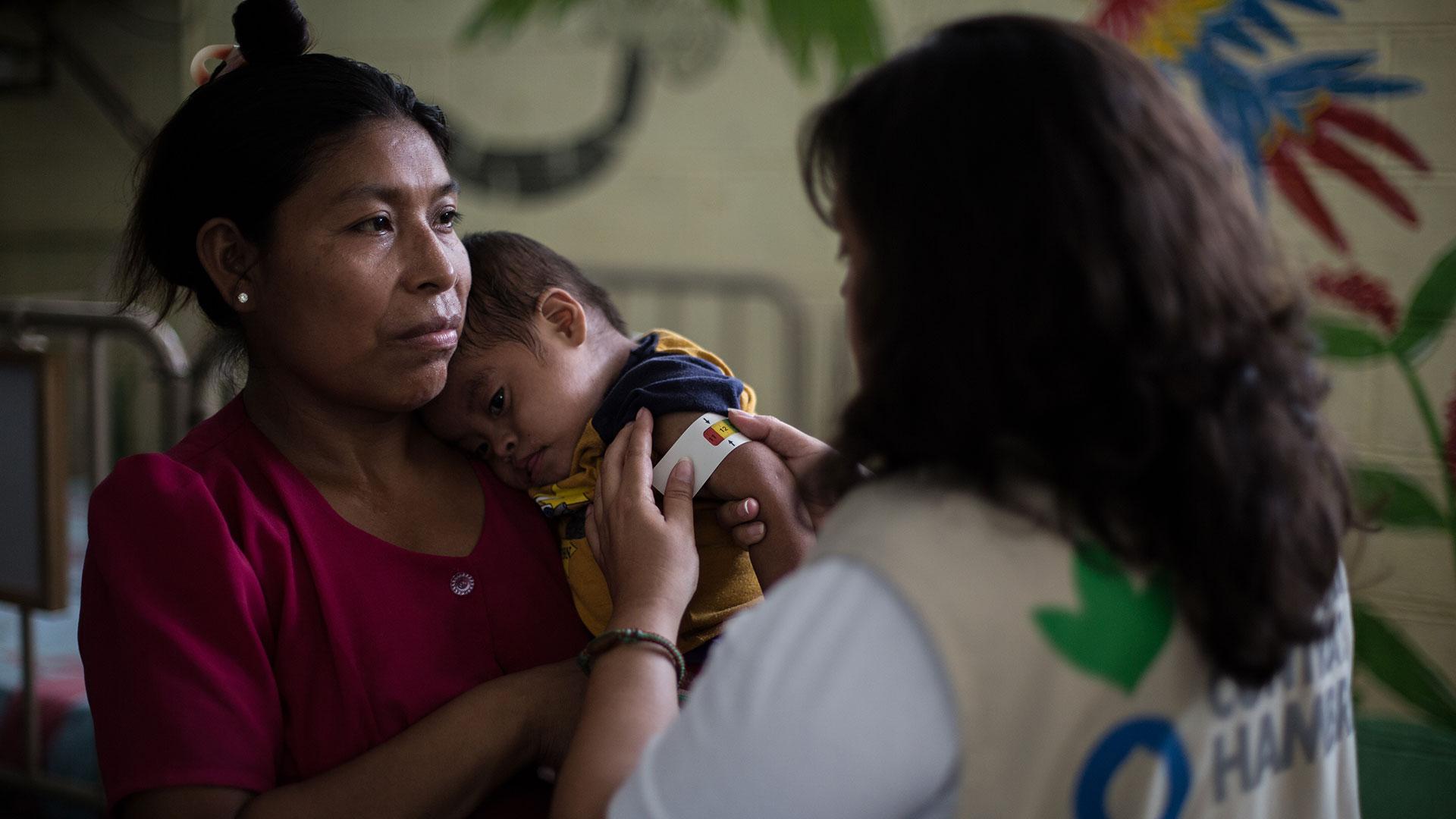
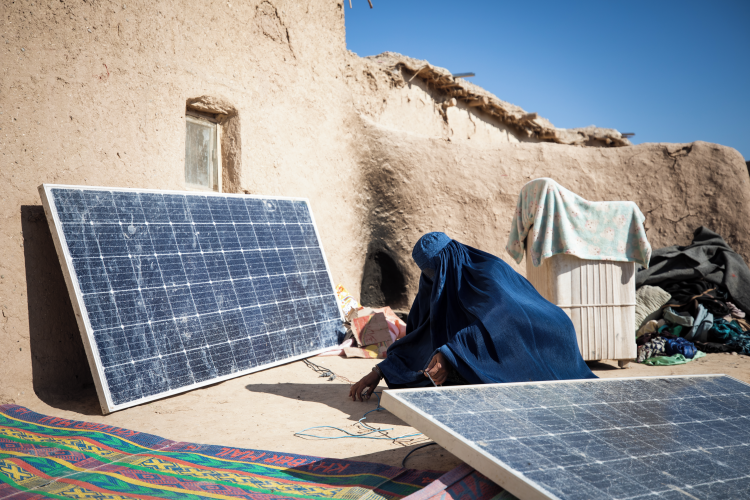
Hunger is a multi-faceted problem that goes beyond lack of food.
Factors such as poverty, inequality, conflict, climate change, gender discrimination, and weak government and health systems all contribute to driving hunger.

What is the definition of hunger?
The United Nations defines hunger as periods when people are severely food insecure, i.e. go for days at a time without food due to lack of money, access to food or other resources.
Here are some definitions of key terms:
- Hunger is the distress associated with lack of food. The threshold for food deprivation, or undernourishment, is less than 1,800 calories per day.
- Undernutrition goes beyond calories and means a lack of energy, protein and/or essential vitamins and minerals.
- Malnutrition refers more broadly to both undernutrition and overnutrition.
- Food security is related to the availability, access and utilisation of food. When people have consistent and adequate access to sufficient, safe and nutritious food to maintain an active and healthy life, they are considered food secure.
What happens when people go hungry?
Prolonged periods of food insecurity can lead to malnutrition, which occurs when the body lacks the vitamins, minerals and other nutrients it needs to thrive.
Malnutrition, a multi-faceted problem, manifests itself in many ways, including:
- Wasting or acute malnutrition: When a person is too thin for their height. It can occur suddenly, as a result of a severe hunger crisis, or gradually but persistently. It can be treated, but moderate and severe cases carry a higher risk of death.
- Stunting or chronic malnutrition: When a child is too short for their age. It can occur when children do not have access to various nutrients, drink dirty or contaminated water, or lack adequate health care. Stunting in children can cause lifelong physical and cognitive damage.
- Micronutrient deficiencies: When the body lacks a type of vitamin or mineral (e.g. deficiencies of iron, iodine, folate, vitamin A and zinc) necessary for healthy growth and development.
- Overweight: When someone is too heavy for their height. An inadequate diet can lead to overweight, which increases the risk of diet-related non-communicable diseases later in life.
Explaining hunger:
what is the first 1,000 days window?
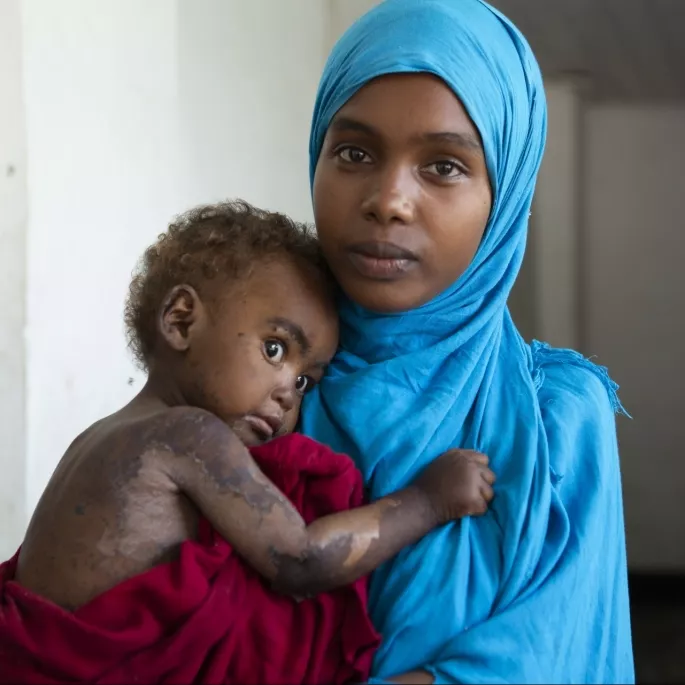
CAUSES AND CONSEQUENCES OF HUNGER
An overwhelming majority of the world's hungry live in developing countries, where extreme poverty and lack of access to nutritious food often lead to malnutrition. Women and children are particularly vulnerable.

"Last winter was very hard. The flat is very cold and we find it hard to pay for electricity. Even before the war, it was difficult. But now, with Anastasia, we can't and don't want to turn off the heater," says Erodina.
Erodina Titika, a 25-year-old Moldovan mother, has benefited from our exclusive breastfeeding counselling programmes.

"Everyone judges you when they see you with children, they say you are irresponsible, but things are very difficult here. After waking up and seeing that we didn't have enough to feed our children for many days, we were forced to migrate again."
Marcela, a migrant mother in the Darien region.
Migration crisis in Colombia.
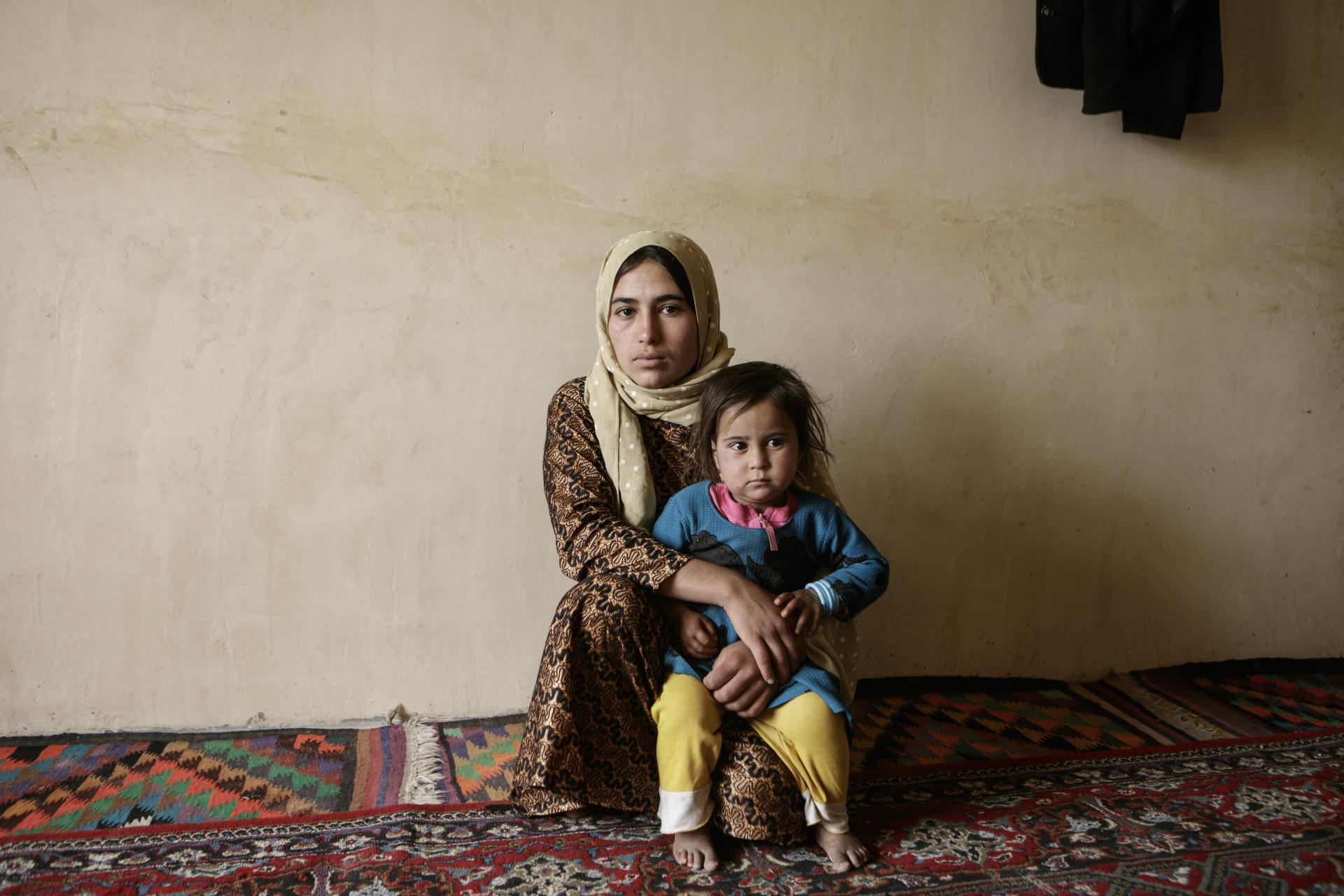
"Most of the callers are experiencing financial problems. Poor financial situation is the cause of most family problems and violence, especially when women are silenced and do not have the right to express their opinion. If we ask a man: how do you manage your anger? We often hear the answer: ‘I beat my wife'".
Mina, a psychologist providing support through our helpline in Afghanistan.
HOW DO WE FIGHT AGAINST HUNGER?
WATER AND SANITATION
WATER AND SANITATION
We provide clean water and sanitation to communities in need.
FOOD SECURITY
FOOD SECURITY
We address the root causes of hunger, helping people to earn an income and improve their food security.
NUTRITION AND HEALTH
NUTRITION AND HEALTH
We treat and prevent malnutrition and associated diseases.
RESEARCH AND INNOVATION
RESEARCH AND INNOVATION
Our research helps reach more children and stop hunger.
RESPUESTA DE EMERGENCIA
EMERGENCY RESPONSE
We help communities devastated by natural disasters and conflict.
SOCIAL ACTION IN SPAIN
SOCIAL ACTION IN SPAIN
We work to improve the employability and health of people at risk of exclusion.
JOIN THE FIGHT AGAINST HUNGER
DID YOU KNOW?
YOU GET UP TO
80% OF YOUR DONATIONS BACK
INSTITUTIONS
THAT SUPPORT US





